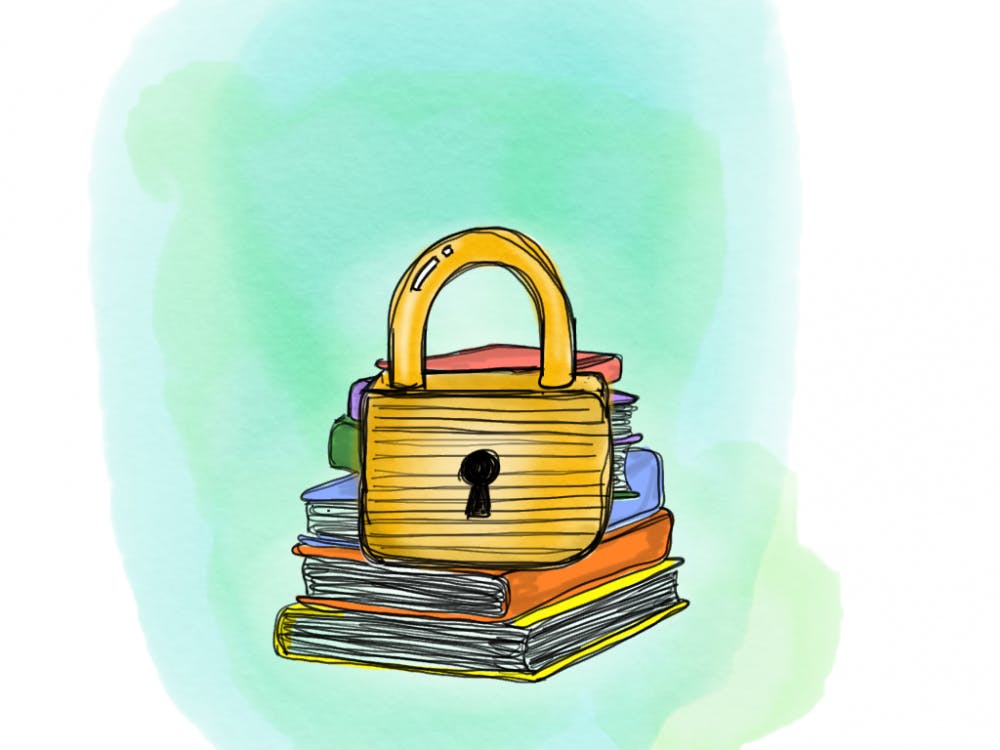Earlier this month, Pennsylvania Department of Corrections announced that incarcerated individuals would no longer be able to receive physical books from outside organizations or even their families.
They announced that all books and reading materials would be consumed as E-Books on tablets provided by a private prison telecommunication company GTL.
Pennsylvania Department of Corrections says this switch from paper to tablet is to reduce contraband that is smuggled into jails and prisons. Prison staff reported falling ill and in turn authorities attributed these self-proclaimed “overblown incidents” to exposure to synthetic drugs such as K2.
The Department of Correction's incident report stated that out of 60 individuals affected, only six tested positive for drugs.
That is only 10 percent of the cases reported.
Maybe contraband smuggling is a problem in Pennsylvania prisons and jails — but it does not happen enough to warrant this change.
Genuinely, this switch is about prisons and jails profiting further than they already do.
The tablets that inmates will have to buy in order to read cost $147 — and the majority of inmates come from low-income environments and families. According to a recent study by the Brookings Institution, men born into households in the bottom 10 percent of earners are 20 times more likely to be in prison than men born into the top 10 percent.
And while incarcerated, even if you work, most inmates are paid less than one dollar per hour, cruelly below minimum wage.
Physical books were previously free to inmates and provided a crucial role in rehabilitation.
In an article by the Financial Times, Simon Short details how reading while incarcerated ultimately bettered his life. After a rough childhood of juvenile delinquency, he soon became a habitual offender.
However, at 23 he began to study for his degree. He said reading made him realize that intelligence was important and motivated him to learn through reading as much as he could. He now has been released and runs a company that works with former offenders.
Especially with how the United States conducts its mass incarceration, we need to begin focusing on rehabilitation instead of retribution.
Another negative aspect of using these tablets is that they can only get books through a private proxy, which means that websites such as “Project Gutenberg” which provides a gigantic repository of free books, still costs money for the inmates. A private company is profiting off of people accessing an otherwise free website.
The only books they can download are from a library of only 8,500 texts decided on, again, by GTL, a private company.
Pennsylvania facilities are not just depriving inmates of free resources, but are instituting crude censorship by means of requiring funds for each reading experience. The high cost is inherently classist to the majority of inmates who are financially unstable or poor.
The idea of removing education and the chance at personal growth and development from the incarceration process is a repulsive one at best, but it is also just another blatant example of how incarceration has always been for the money and not the rehabilitation.






